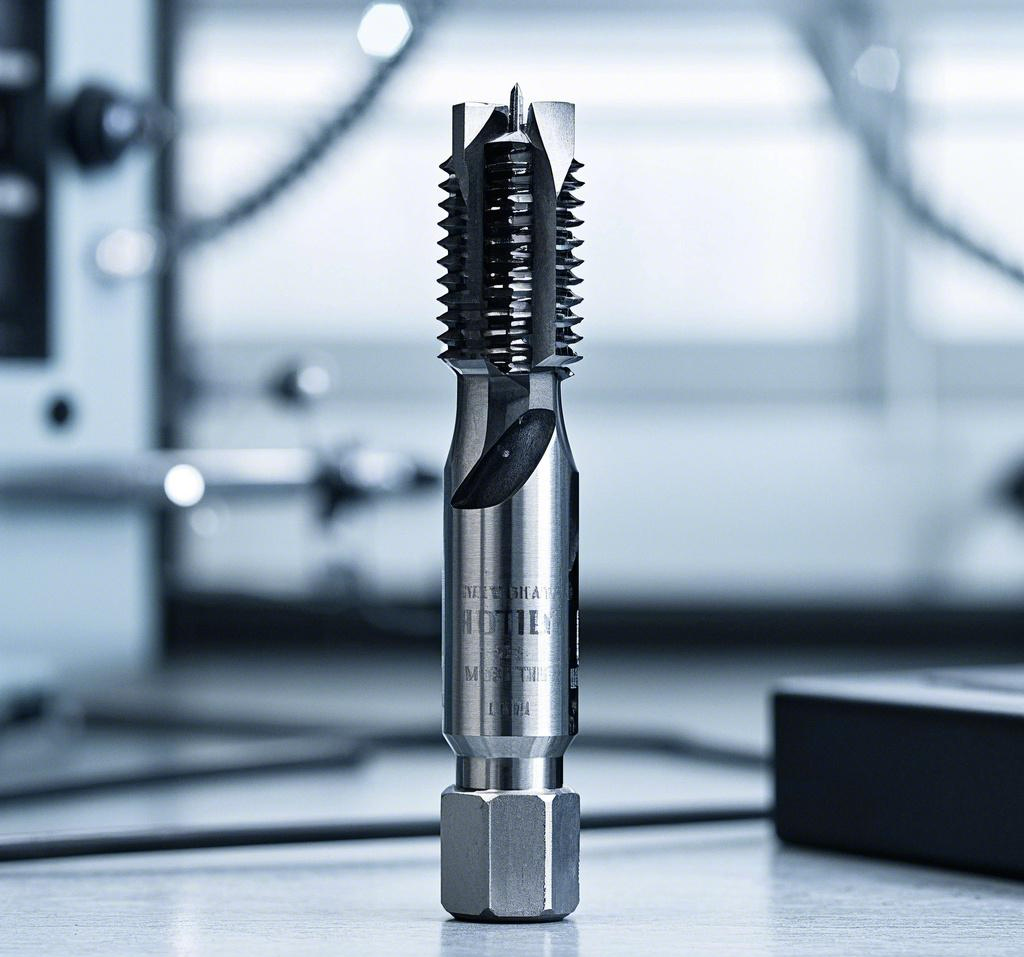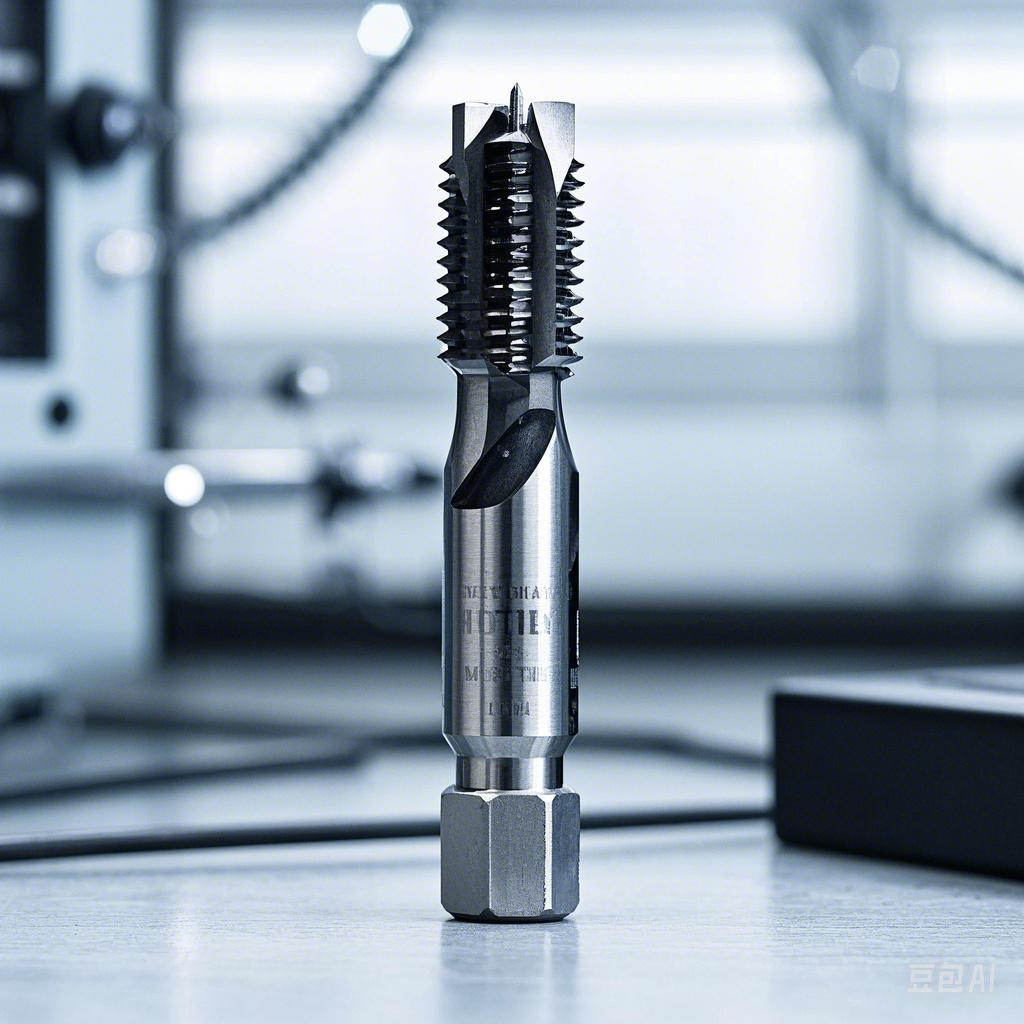In the world of machining and metalworking, the choice of drill bit size is crucial for achieving optimal results, especially when working with forming taps. For those looking to use a 3/4-24 chip-free forming tap, understanding the appropriate drill bit size is essential to ensure a successful and efficient tapping process.
Understanding Forming Taps
Forming taps are designed to create threads in a material without removing any material, which is a significant advantage over traditional cutting taps. This method not only reduces the risk of chip formation but also enhances the strength of the threads produced. However, to maximize the benefits of forming taps, selecting the correct drill bit size is vital.

Recommended Drill Bit Size
For a 3/4-24 forming tap, the recommended drill bit size is typically 0.625 inches (5/8 inch). This size allows for the proper amount of material to be displaced during the forming process, ensuring that the threads are formed accurately and without defects. Using a drill bit that is too small can lead to excessive material being displaced, while a bit that is too large may result in weak threads that can easily strip.
Factors to Consider
When selecting a drill bit for forming taps, several factors should be taken into account:
- Material Type: The material being tapped can influence the drill bit size. Softer materials may require a slightly larger drill bit, while harder materials may necessitate a more precise fit.
- Tapping Fluid: The use of tapping fluids can affect the performance of both the drill bit and the forming tap. Proper lubrication can help reduce friction and improve the overall quality of the threads.
- Machine Settings: The speed and feed rates of the machine can also impact the effectiveness of the tapping process. Adjusting these settings according to the material and tap size can lead to better results.
Conclusion
Choosing the right drill bit size for a 3/4-24 chip-free forming tap is essential for achieving high-quality threads without the complications of chip formation. By using a 5/8 inch drill bit and considering factors such as material type and machine settings, machinists can ensure a successful tapping process that meets their project requirements. As the industry continues to evolve, staying informed about best practices in machining will remain a key component of success in metalworking.

